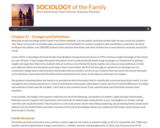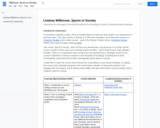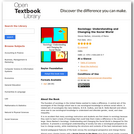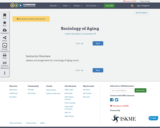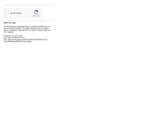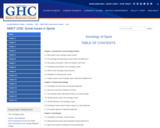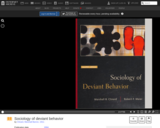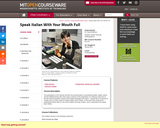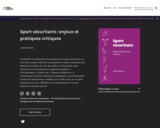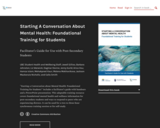This semester long subject (11.521) is divided into two halves. The first half focuses on learning spatial database management techniques and methods and the second half focuses on using these skills to address a ‘real world,’ client-oriented planning problem. The first half of the semester may be taken separately using the class number 11.523 and the second half may be taken separately as 11.524.
In order to help shape and utilize the information infrastructure that will support the management and development of our metropolitan areas, planners need a basic understanding of the tools and technology for querying, analyzing, and sharing complex databases and maps. Managing online access to large and constantly-changing spatial datasets can be a powerful aid to planning and can facilitate inter-agency cooperation and collaboration in an increasingly decentralized world. But it requires the use of knowledge representation methods, client-server technologies and access control issues that are quite different from what are needed to model and visualize standalone datasets on a personal computer. Hence, planners should acquire basic skills in database management, digital spatial data analysis, and networking.
The 11.523 portion of the semester addresses these issues while retaining a focus on planning (rather than on computer science). This is an intensive, hands-on class that stresses learning by doing. Exercises and examples involving real-world data, maps, and images are used to develop skills with database query languages and the design development and use of structured databases. Class work utilizes web tools, GIS, and database software with lab exercises primarily on the new high-performance PC computing cluster. Specifically, we will access an Oracle 8i database using SQL (structured query language) and use ArcView for GIS. Each week there are two sixty to ninety-minute classes plus another 90+ minute hands-on lab in electronic classrooms. Class lectures will focus on concepts and case discussion, the scheduled lab time focuses on computer mechanics and skill building. Specific topics during 11.523 include:
finding, understanding and structuring digital spatial data that are available on the Internet using various browsing, visualization, and data management tools;
considerable work with relational database technologies and the Structured Query Language (SQL) to design, construct, query, and update urban planning databases;
some experience with so-called ‘client/server’ and ’enterprise GIS’ technologies for facilitating distributed access to complex spatial data and urban planning applications;
advanced GIS topics such as 3D visualizations and geospatial web services.
The 11.524 portion of the semester will treat the classroom like a professional planning office, working as a team to produce a two deliverables for their client, Lawrence Community Works, Inc. (LCW), a community development corporation located in the City of Lawrence, Massachusetts. LCW and DUSP recently agreed to work together for the next five years to design and implement a multi-tier web-based planning system that promotes democratic involvement and informs community development projects. Your involvement this semester is critical, because the implementation plan that you craft this semester will serve as the road map for both organizations for years to come and the simple web-based planning tool that you design will engage stakeholders by giving them a better sense of how technologies can aid decision-making processes. To assist you with the more technical aspects of the project, we hired Robert Cheetham, President of Azavea, Inc. (http://www.azavea.com/ ), to provide exactly 100 hours of consultancy services. Through their project work, students will enhance important professional skills by:
formulating an implementation plan for a real client;
designing a simple web-based tool for understanding problems;
engaging constituents and stakeholders in a real setting;
integrating theory and practice by evaluating the role of technology in community development;
learning to communicate effectively within a group and with a professional consultant;
working with such tools as the WWW, Access, ArcView, ArcIMS, SDE, etc.
